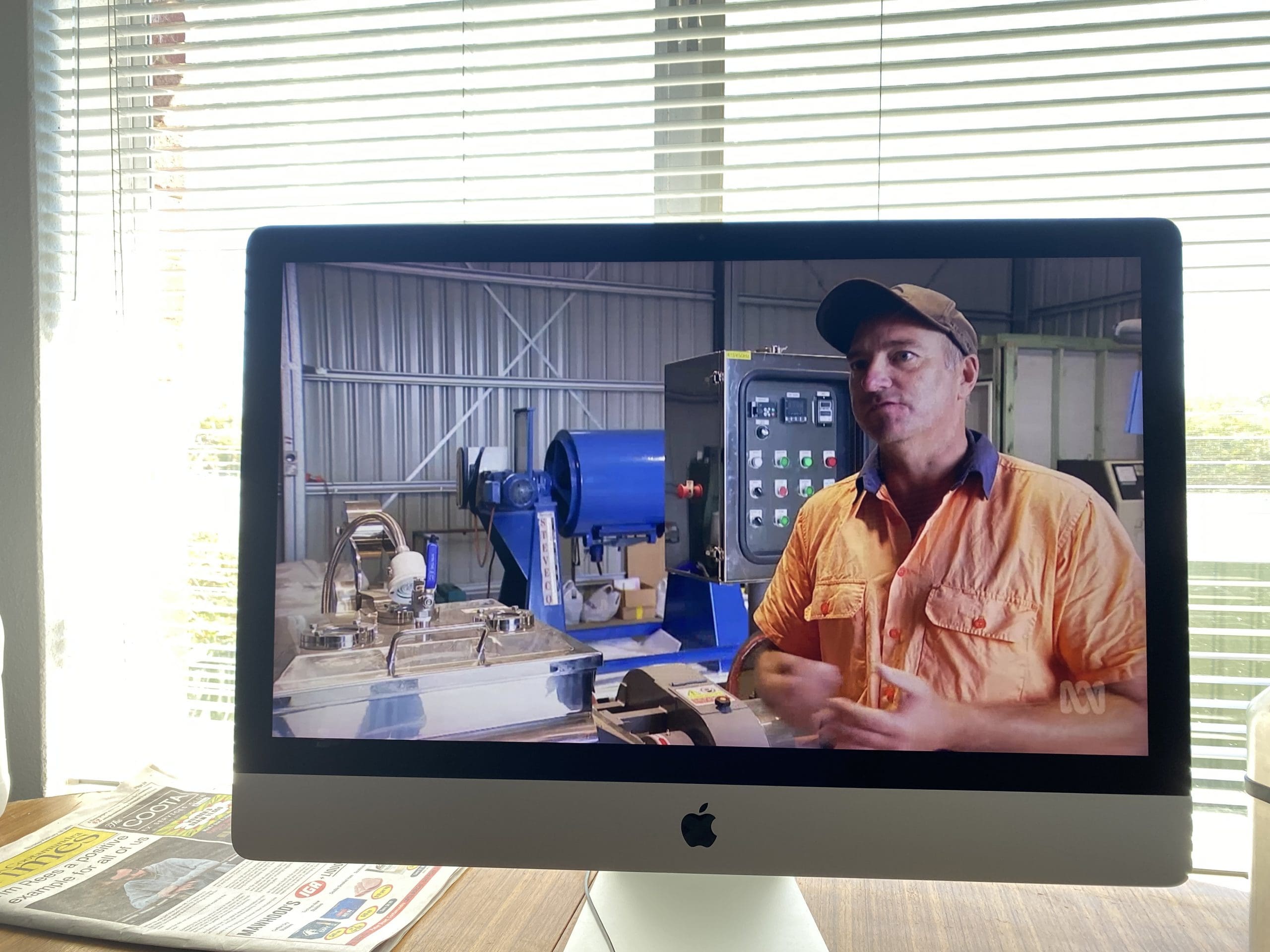
Cootamundra featured prominently on the ABC’s program “The Tipping Point: Australian Story” on Monday night.
The episode focused on UNSW’s Professor Veena Sahajwalla and her aspirations to transform wastes into commercial products.
During the program, she suggested that old tyre rubbers could be a suitable substitute for coal used in electric arc furnace steelmaking, to make green steel.
The program then moved on to mention the prevalent existence of “micro-factories”, which is a facility that transforms wastes into green ceramic tiles.
CEO Australian Academy of Technology and Engineering Kylie Walker was on the program and she raised the idea that micro-factories would be good for regional centres.
“One of the ideas behind the micro-factory is to really enable people and local communities to take control of their own [waste],” she said.
“The ideal location for these kinds of factories is where the waste is being collected, local councils and regional centres.
“That way communities can have access to them as well as turn their own waste into a resource, into a small-scale industry.”
Then around seven years ago, Veena met Cootamundra’s Andrew Douglas and had conversations that revolved around recycling.
Andrew runs a mattress and tyre recycling facility in town and was interested to see what he could do with the remnants of each deconstructed mattress.
With a strong interest in micro-factories after talks with Veena, the first commercial green ceramics micro-factory is now up and running at Mr Douglas’ site.
The factory costs are between $500,000 to $1,000,000, but this is all being funded by a UNSW grant.
As part of the grant, the micro-factory has to prove that it is producing commercial products by about March. In January this year was the factory’s first major run.
Captured on the program, Veena “flicked the switch” and the first tile was produced.
Wastes that were put in the machine came from an old Channel Nine site in Sydney that Andrew visited and items included electronics, plastics, desks, computers and a big black curtain used behind the stage.
The manufactured waste would then get resold back to property group Mirvac. Professor Sahajwalla’s plan is to roll out more micro-factories around Australia.
Christopher Tan & Max O’Driscoll

